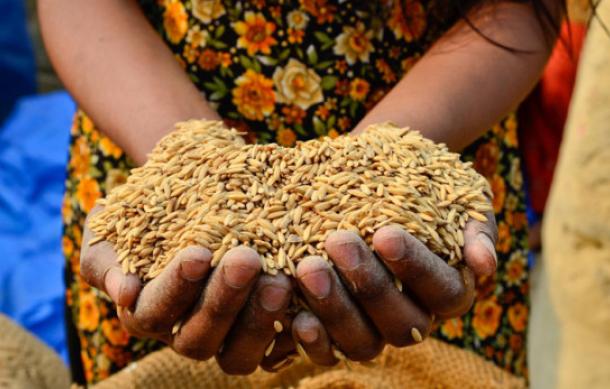
The United Nations estimates that close to 260 million people in close to 60 countries around the world face acute food insecurity that requires urgent intervention.
The report by the Food Security Information Network attributed the status quo to the COVID-19 pandemic, the conflict in Ukraine, and weather phenomena.
The report was launched by the Global Network Against Food Crises, an international alliance of the UN, the EU, and governmental and non-governmental agencies working to tackle food crises.
The report also indicates that around 258 million people in 58 countries and territories faced acute food insecurity at crisis levels in 2022, up from 193 million people in 53 countries and territories in 2021, making it the highest number in the past seven years.
According to UN Secretary-General Antonio Guterres, more than a quarter of a billion people are now facing acute levels of hunger, and some are on the brink of starvation.
The report says more than 40% of those affected are in five countries: Afghanistan, the Democratic Republic of the Congo, Ethiopia, parts of Nigeria in 21 states, and Yemen.
People in countries such as Somalia, Afghanistan, Burkina Faso, Haiti, Nigeria, South Sudan, and Yemen are also facing starvation and destitution, mostly since last year.
While conflicts and extreme weather events continue to drive acute food insecurity and malnutrition, the economic fallout of the СOVID-19 pandemic and the ripple effects of the war in Ukraine have also become major drivers of hunger, the report states.
Economic shocks, conflict/insecurity, weather/climate extremes are some of the drivers.
The international community has called for a paradigm shift towards better prevention, anticipation, and targeting to address the root causes of food crises, rather than responding to their impacts.





